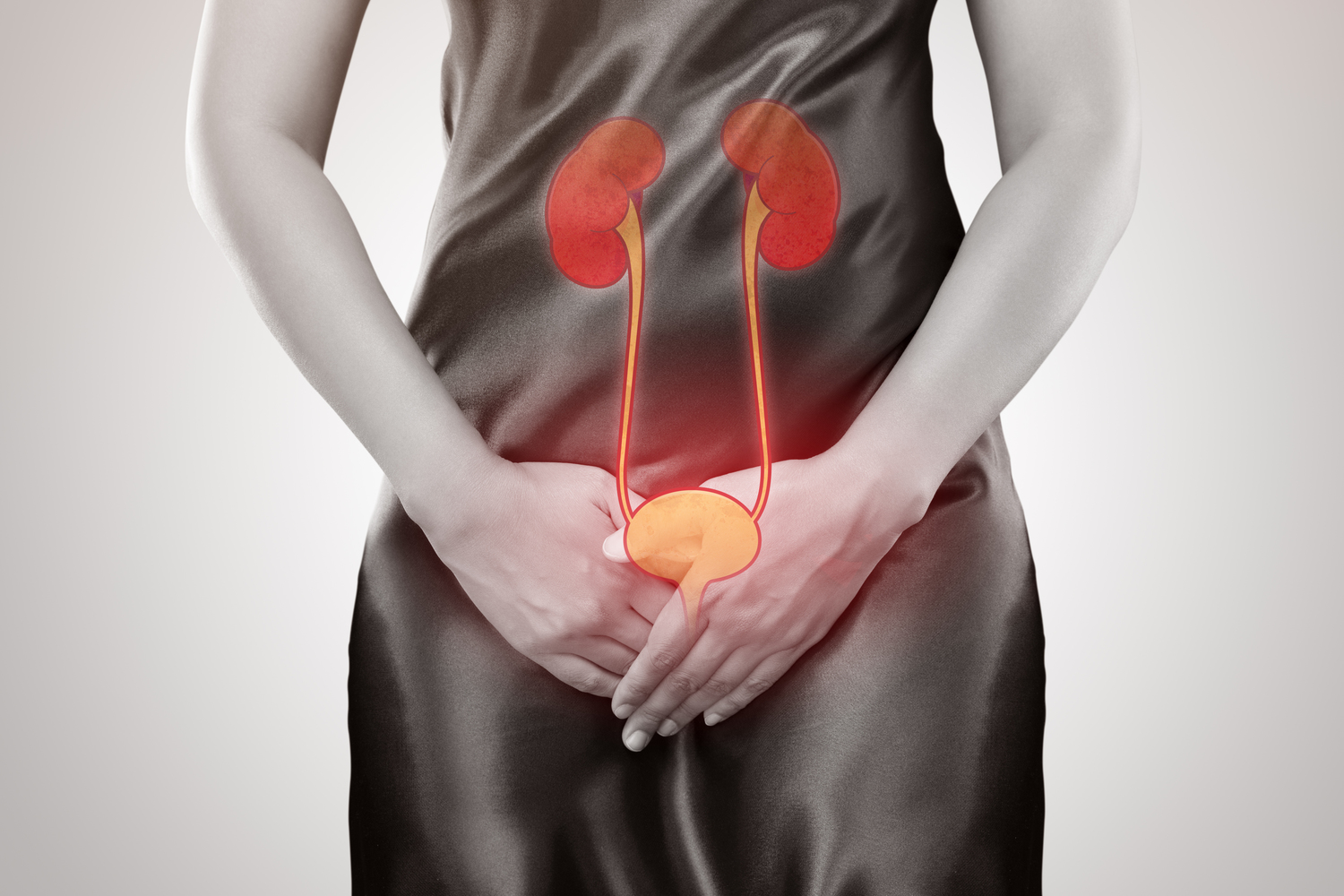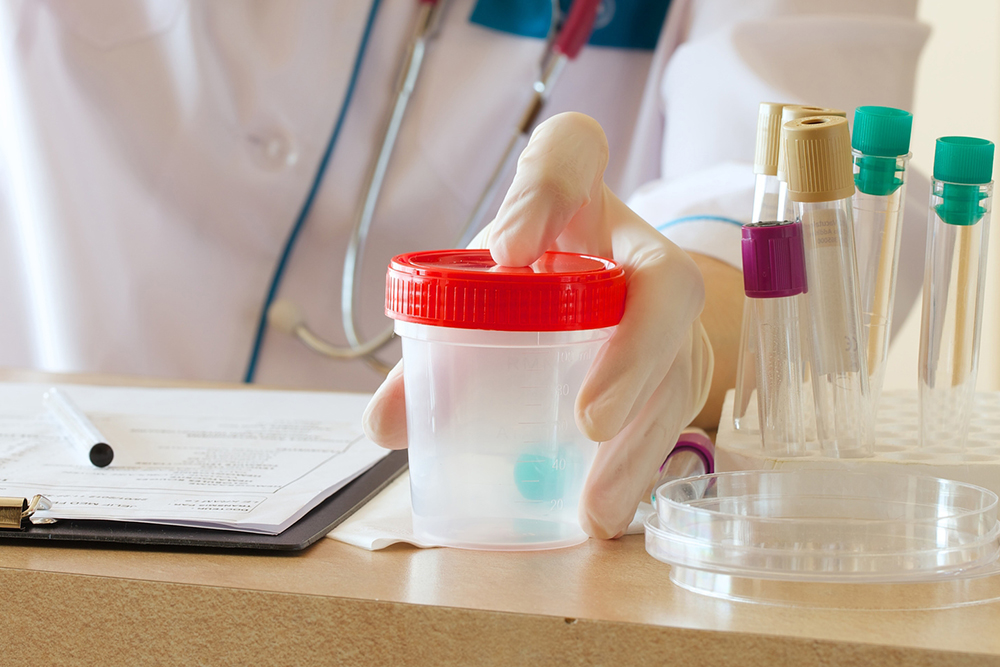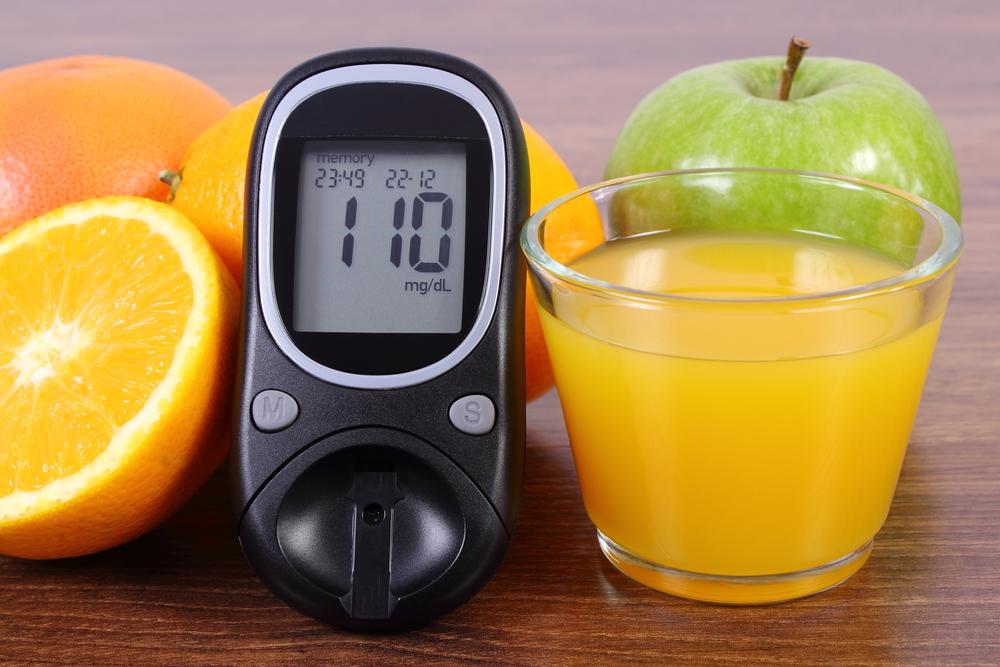Urinary Bladder Infections: Causes, Symptoms, and Effective Remedies
Discover the causes, symptoms, and treatment options for bladder infections. Learn how to recognize early signs, effective home remedies, and when to seek medical attention to prevent complications and ensure quick recovery.

Urinary Bladder Infections: Causes, Symptoms, and Effective Remedies
Experiencing frequent trips to the bathroom along with a burning sensation during urination may indicate a bladder infection. This infection is caused by bacteria invading the bladder, especially when immunity is compromised. Poor hygiene, contaminated toilets, or transferring bacteria from the intestines via the urethra can lead to bladder infections. Fortunately, treatment is straightforward: antibiotics prescribed by a healthcare professional, combined with home remedies, can resolve the issue. If untreated, the infection may spread to kidneys or bloodstream, posing serious health risks.
Avoiding progression and complications involves recognizing symptoms early. Common signs include burning during urination, blood-tinged or cloudy urine, foul odor, increased frequency, urgency, and lower abdominal or back pain. Bacterial entry typically happens through the urethra or anus, thriving in unclean environments or from contaminated food leading to intestinal bacterial overgrowth. Treatment varies with severity but usually includes increased water intake, frequent urination, and antibiotics. Additional supportive measures such as heat packs, proper clothing, and hydration aid recovery. Preventive practices like maintaining hygiene, limiting caffeine, and drinking cranberry juice help reduce infection risk.
Prompt attention to bladder infections is essential to avoid complications. Remedies include staying hydrated, practicing good personal hygiene, and seeking medical advice for antibiotics. Simple lifestyle changes and home care can effectively treat mild cases, but severe symptoms require professional intervention. Early detection and treatment are key to preventing bacteria from spreading and causing serious health issues.










